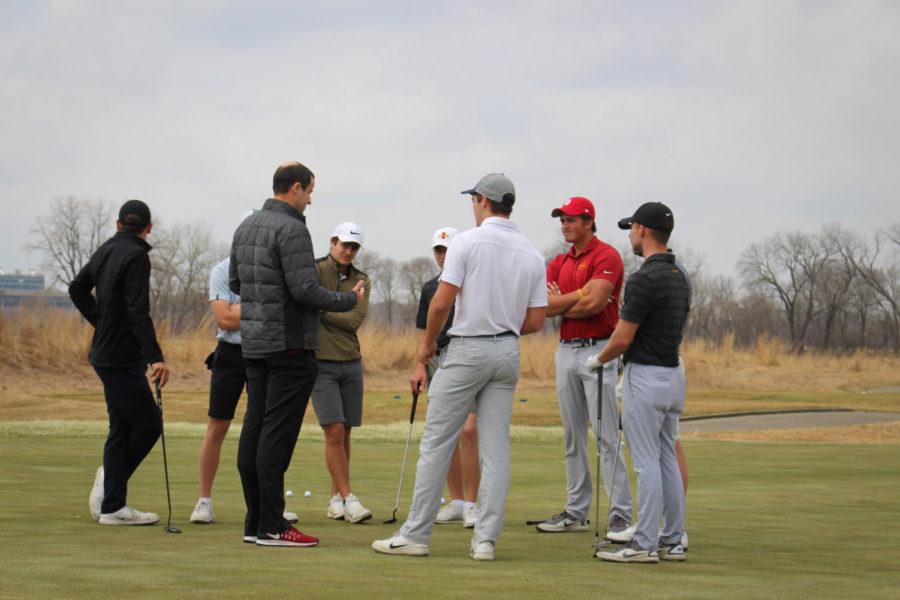Men’s’ health issues discussed Tuesday
November 5, 2003
A men’s health meeting was held Tuesday with the goal of drawing attention to prostate and testicular cancer.
The event, held in the Sun Room of the Memorial Union, was coordinated by Cara Coughenour, Pfizer Pharmaceutical representative.
“It’s nice to talk about men’s health in addition to women’s health. And, it can be tough to get men into the physician’s office,” Coughenour said.
Kevin Hart, senior in hotel, restaurant/institution management, was one of the five people who attended the event.
“It’s information that I can use later in life,” he said.
Leo Milleman, urologist at McFarland Clinic and guest speaker for the night, said while there is a great deal of emphasis on women’s health, there’s little talk about men’s health.
“There’s ten times more money invested in breast cancer than prostate cancer, yet the incidence and death rate for the two are about the same,” he said.
While Milleman focused mainly on prostate and testicular cancer, he also briefly touched on overactive bladders, prostatism symptoms, benign prostate problems and erectile disfunctions.
There are two ways to cure prostate cancer: surgery and radiation, Milleman said.
“The only way to prevent prostate cancer is to castrate males before puberty,” he said.
Men who have a family history of prostate cancer need to be extra alert to this cancer, and a PSA, or prostate specific antigen, blood test is available to screen for prostate cancer, he said.
“Every man over the age of 50 should be screened once a year. If you have a strong history you should be screened at an earlier age every year,” Milleman said.
Alternative drugs which can lower a man’s PSA readings are available on the market, but these drugs do not eliminate cancer, he said. Some of these drugs include Lycopenes, Selenium 200, soy and vitamin E.
“There are new alternative drugs each year. They aren’t always FDA regulated, just tell me if you are taking them,” Milleman said.
While prostate cancer normally occurs after age 45, testicular cancer can occur between the ages of 20 and 30. The best prevention method for this cancer is by performing a self exam, he said.
“If you feel a lump, see a doctor and get it checked out. There’s nothing to hide, and it’s a curable disease,” Milleman said.






